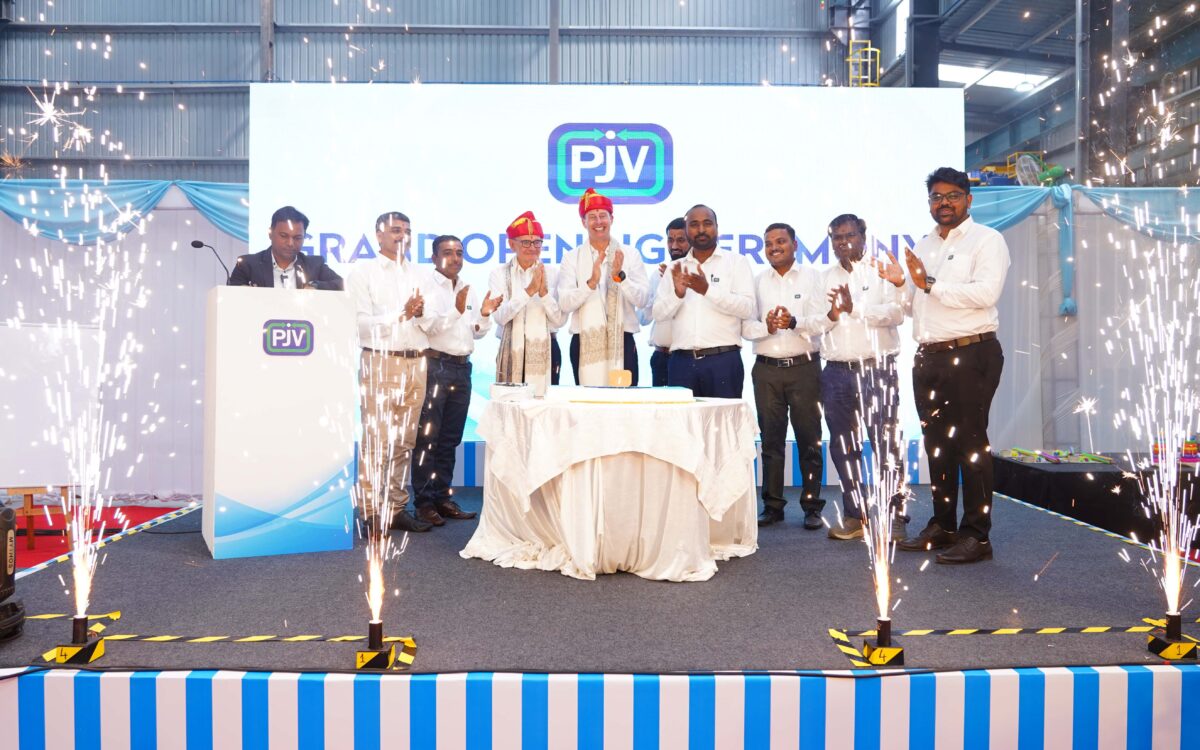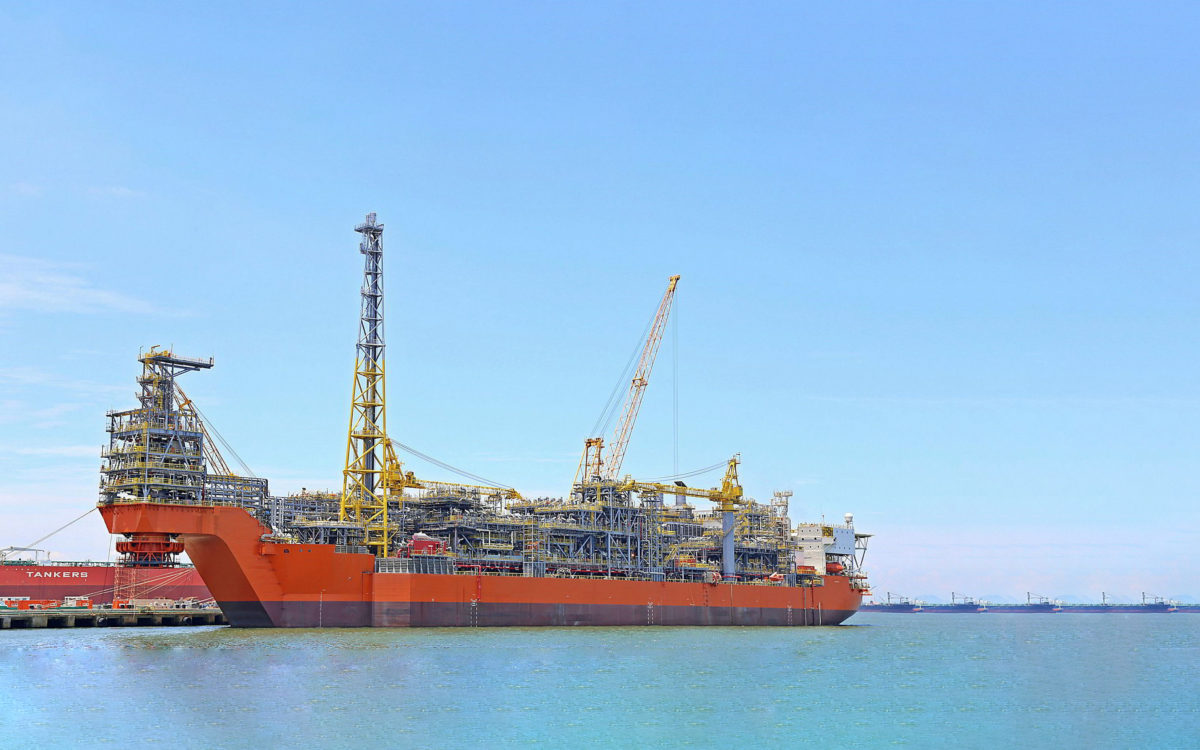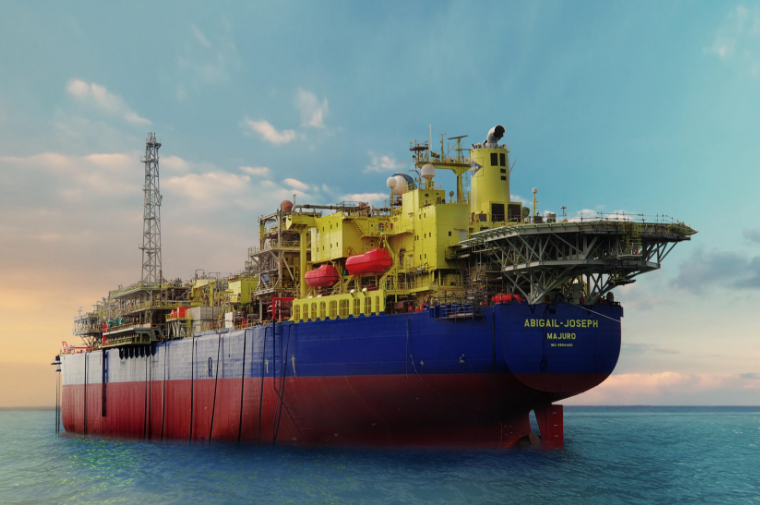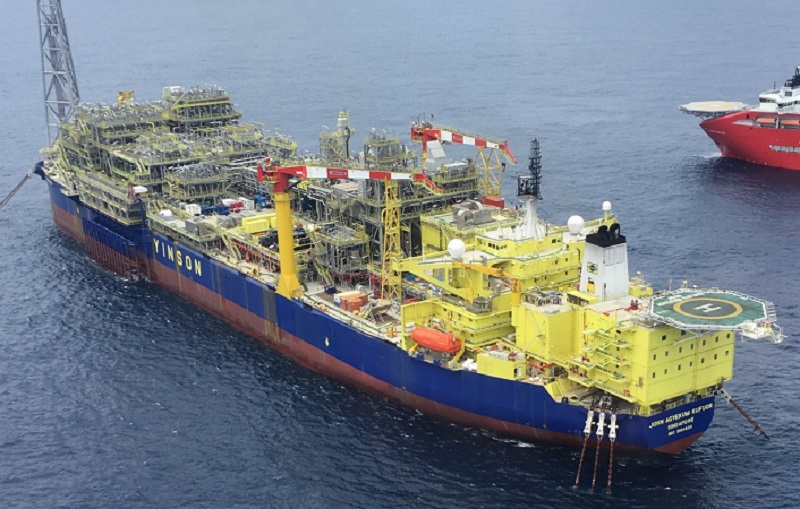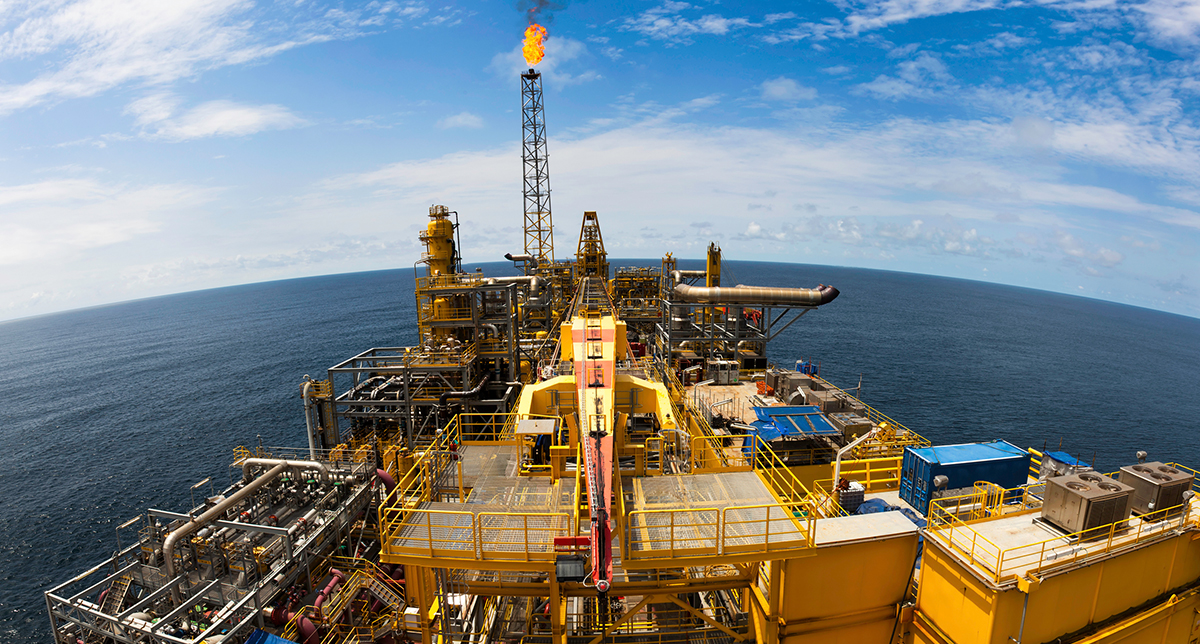The oil and gas sector is very unfashionable at the moment. Environmental concerns and the rise of renewables combined, mean that the industry feels pretty friendless right now.
Be honest: how many of us now say we work in “the energy industry” rather than “oil and gas” because we don’t want to be seen as Daniel Day Lewis’s character in There Will Be Blood? Why is the cost of capital for oil and gas projects at about 20 per cent rather than 3-5 per cent for solar and wind?
The oil price war and COVID-19 have certainly stirred up the industry. Combine this with the challenges of the energy transition and we are now in a world where the leaders of oil companies are putting forward transition-focused strategies – seemingly with real commitment. The world is changing, as are feelings about energy, but we shouldn’t fall for a simplistic narrative.
A more nuanced view
The energy transition debate is clouded by data sets that support wildly different points of view. A recent report from JP Morgan seems to be a sober reflection of the actual viability of various energy sources as alternatives to oil and gas.
The facts are startling. The paper seems to conclude that no single renewable energy source or package of energy sources will be able to replace oil and gas, which currently provides 85 per cent of primary energy needs. The Tesla share price seems to reflect a common belief that electric cars are the future – and they might be – but in 2019 only 2.5 per cent of new cars were electric. The report also highlights the use of oil and gas in industrial processes – to manufacture steel, cement, ammonia and plastics – and casts serious doubt over whether other energy sources are able to provide the energy to create these four essential ingredients of modern society. The report notes that even green hydrogen looks unlikely to fill the oil and gas void any time soon. As it stands, 95 per cent of commercially available hydrogen is produced by processes that rely on fossil fuels.
So, where does that leave us? The key statement from the report is that the IEA projects 70 per cent of global primary energy consumption may still be met by fossil fuels in 2040. Seventy per cent? In twenty years’ time? This doesn’t seem to be what is being priced into oil major shares or reflected in oil and gas investment levels.
Changing the debate
This report suggests we are going to be reliant on oil and gas to provide energy for decades to come (unless we take the very unlikely decision to sacrifice GDP and global standards of living). If we accept that premise, then surely the debate should be about how we find, extract and use it more efficiently?
Make no mistake, this is no apology for the status quo. We need the energy transition for the sake of climate change and our planet. The future may well be fully renewable. But in the meantime, my argument is that there is much that can be achieved through smarter working and technology to reduce the environmental impact of exploration and production.
Companies like BP led the way to reduce emissions over 30 years ago (which we at PJ Valves were proud to support in a minor way). Surely, with the quality of brainpower and experience in the oil majors and supply chain, we can and should be looking at more commercially and environmentally better ways of exploration and production? The current debate within the oil majors seems to be on how much to invest in new oil and gas versus renewables. Look, for example, at the divergent strategies of BP (which is pivoting away from E&P) and Exxon Mobil (which is doubling down on upstream). Perhaps the emphasis should also be on how to deliver oil and gas more effectively - both commercially and environmentally?
Even putting aside, the climate change aspect for a moment, there is the business case. We would all surely prefer the oil and gas companies in our pension portfolios to be maximally efficient and less likely to fall foul of tightening environmental regulations?
Next time, I’ll make the case that a large part of the change we need to see must come from the supply-chain, and in how customers and the supply-chain work together. It may sound like a small part of a big issue, but I believe it can have an outsized impact on improving our sector for the better.

